What Is a Domain Name? – A Complete and Easy to Understand Explanation!
- By
- Last updated:
- Leave your thoughts
What is a domain name? In the simplest of definitions, a domain name is your website’s address on the internet.
However, while technically correct — the best kind of correct — there’s actually a lot more to the story you need to know!
First off, the power of domain names goes far above their ability to ‘address websites on the web’. In fact, selecting the right domain name can have a very serious impact on your website’s — and, therefore, your brand’s — success.
But let’s start with the technical details of what a domain name is (we kind of need that part to explain that other stuff).
What Is a Domain Name from a Technical Point of View?
Like I mentioned above, a domain name is your website’s address on the internet. Exhibit A:
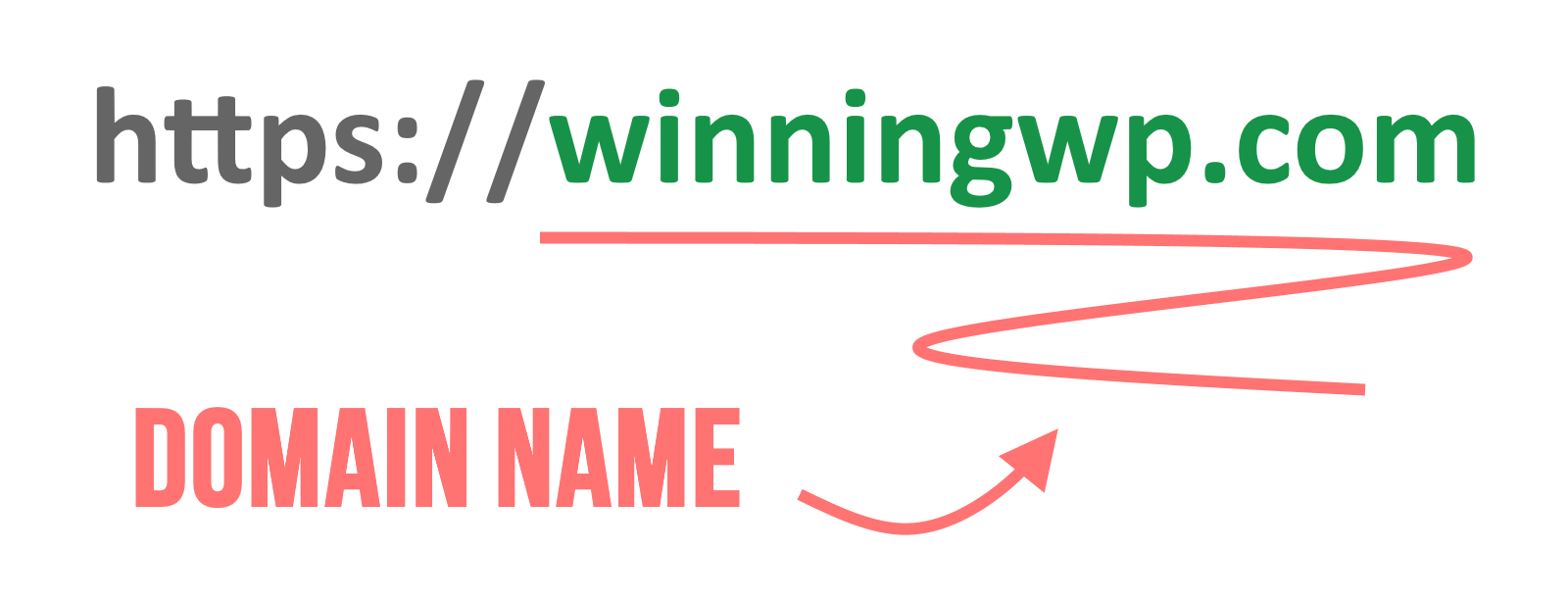
In other words, if you want to find your way to WinningWP, all you need to do is fire up your web browser and put the site’s address — the winningwp.com domain name — into the address bar.
But there’s a lot more cool stuff going on under the hood with domain names, so to speak.
First of all, a domain name consists of two parts:
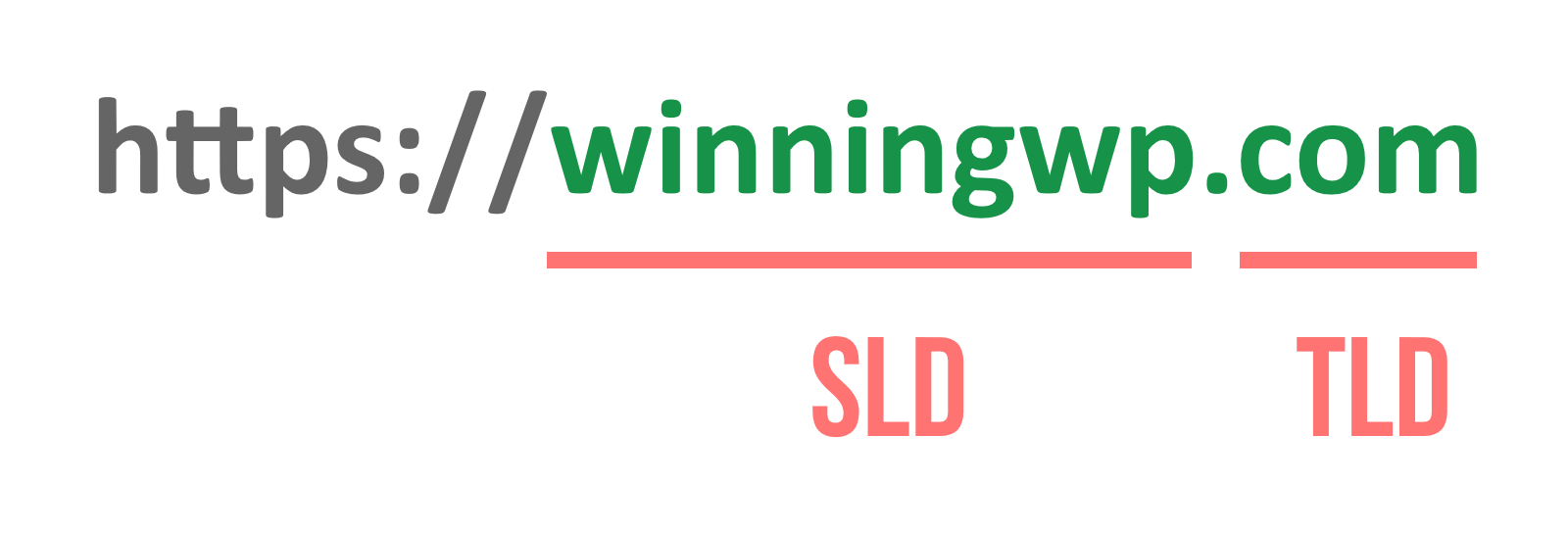
SLD (Second Level Domain): When registering your domain name, this part can consist of any number of alphanumeric characters (a-z, A-Z, 0-9) and hyphens (permitted if surrounded by other characters or digits). No spaces are allowed.
For example, if your business is called Joe’s Extra Diner, you may want to make your SLD joesextradiner.
TLD (Top Level Domain): Back in the day, this part used to indicate the purpose of the whole domain name, or the entity that the domain belonged to. There’s only a finite number of TLDs you can choose from (you can’t input your own as you can with an SLD).
The most popular TLDs to choose from, along with their originally intended purposes, are:
.com— all commercial purposes.org— organizations (often non-profit).net— network projects (whatever that means).edu— educational institutions.gov— the US government.biz— everything business.info— universal
Right now, though, no one pays too much attention to those intended purposes for TLDs, and there’s surely no one forcing you to use a .org when launching a website for a non-profit. There are no rules you need to adhere to when picking a TLD — you can go with whatever seems to fit your future website. That being said, except in exceptional circumstances, it’s no longer possible to get your hands on .gov or .edu domains.
In the end, however, what everybody wants is a .com: It’s the most recognizable and the most prestigious TLD.
Alternatively, there are also hundreds of local/regional TLDs, such as:
.uk— for the UK.ca— Canada.pl— Poland.it— Italy- etc.
You can consider using one of these instead of .com if your website will only operate locally. (Note: Always try to own the .com as well if possible — primarily because a lot of people will assume your domain name is a .com when typing it into their web browser, but also because you don’t want your site being confused with another. You can then redirect the .com to the alternative domain that you’ve chosen.)
Just to recap this part of our answer to what is a domain name:
The SLD and the TLD, when combined, make up the complete domain name. So, for the site you’re reading right now: winningwp is the SLD, com is the TLD, and together we have winningwp.com as the complete domain name.
But what’s ‘inside’ that domain name under the hood?
I’m glad you asked.
A domain name is a handy pointer that lets your visitors find your site in the depths of the web.
Think of it this way:
Your home — your actual home — can be located without fail via its geographic coordinates. For instance, some people live at 38.8977° N, 77.0365° W. But that form of address is hard to remember, so we tend to use 1600 Pennsylvania Avenue instead (aka: The White House).
We use that simplified street address just to be able to grasp the location more quickly and to not have to spend time figuring out the physical coordinates.
It’s somewhat the same with domain names. Under the hood, domain names point to specific IP addresses: The real numeric addresses of places on the web. So, whenever someone tries to visit a given website, their web browser takes the domain name and translates it into an absolute web address — the IP address of the server where the website is kept. Then, it fetches the website from that server. Kinda clever, isn’t it?
Here’s a complete cut-out-‘n-keep explanation of everything that’s in your browser’s address bar:
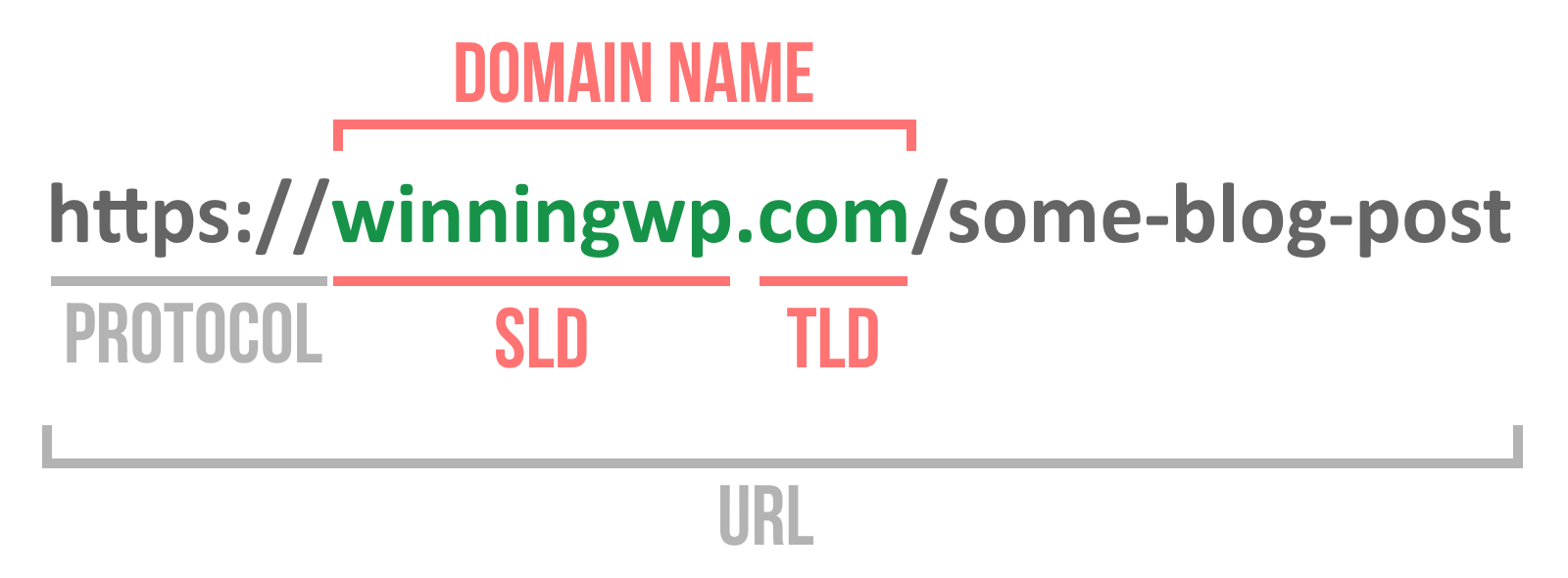
Okay, let’s stop here with the technical stuff. We don’t need any more of it for now to understand what a domain name is.
Instead, let’s talk about:
Just How Important Is the Right Domain Name?
On the one hand, a domain name is an internet address … like, big deal, right? Whatever.
But let’s stop for a minute because not all domain names are created equal. In other words, your choice of domain name can have a serious impact on your website’s (and your brand’s) future success. You can’t just pick whatever domain comes to mind and be done with it as quickly as possible.
To explain this, let’s start somewhere else… In New York City. And please, bear with me. This will all make sense in just a minute.
There’s a parking lot on Central Park West near West 100th Street It just sits there, taking space — valuable NYC space, that is. There have repeatedly been millions offered for this small strip of land — every developer in NYC and their dog would love to buy it and build something new.
But no one’s selling. And not because it makes good money as a parking lot. It doesn’t.
It’s all about the address. Central Park West is arguably the most valuable address you can have in NYC. The only reason the parking lot is still there is because it lets the two buildings right behind it call themselves 382 Central Park West and 392 Central Park West.
Look at them, they’re nowhere near being on Central Park West, but, since there’s nothing in between them and it, it’s somehow all legitimate:
In other words, the people living in those two buildings like their Central Park West addresses so much that they refuse to give them away — even in exchange for millions of dollars of developer money. Ridiculous, right?
This is where website domain names come into play.
So what is a domain name from this point of view? Basically, having a good domain name is the internet’s equivalent of having a Central Park West address.
A domain name is not solely some address on the web, in the sense that you can pick whatever domain and you won’t even notice any impact.
No, you want to get the best domain possible for your business! You want it to sound good, to feel good, to communicate what your business is about, to be easy to remember, and so on. When chosen correctly, a domain name gives you splendor, recognition, people’s envy, better discoverability via Google, and probably other less direct benefits too.
So, when it’s time to choose your own domain, just think of everyone living at 392 Central Park West. Think how much the address — the right address — means to them. Your web address should mean just as much to you.
And finally: Need to actually choose — and purchase — a great domain name? Here’s our complete guide to all you need to know!
Got your head around all that? Any questions?
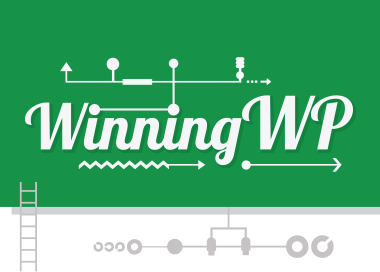

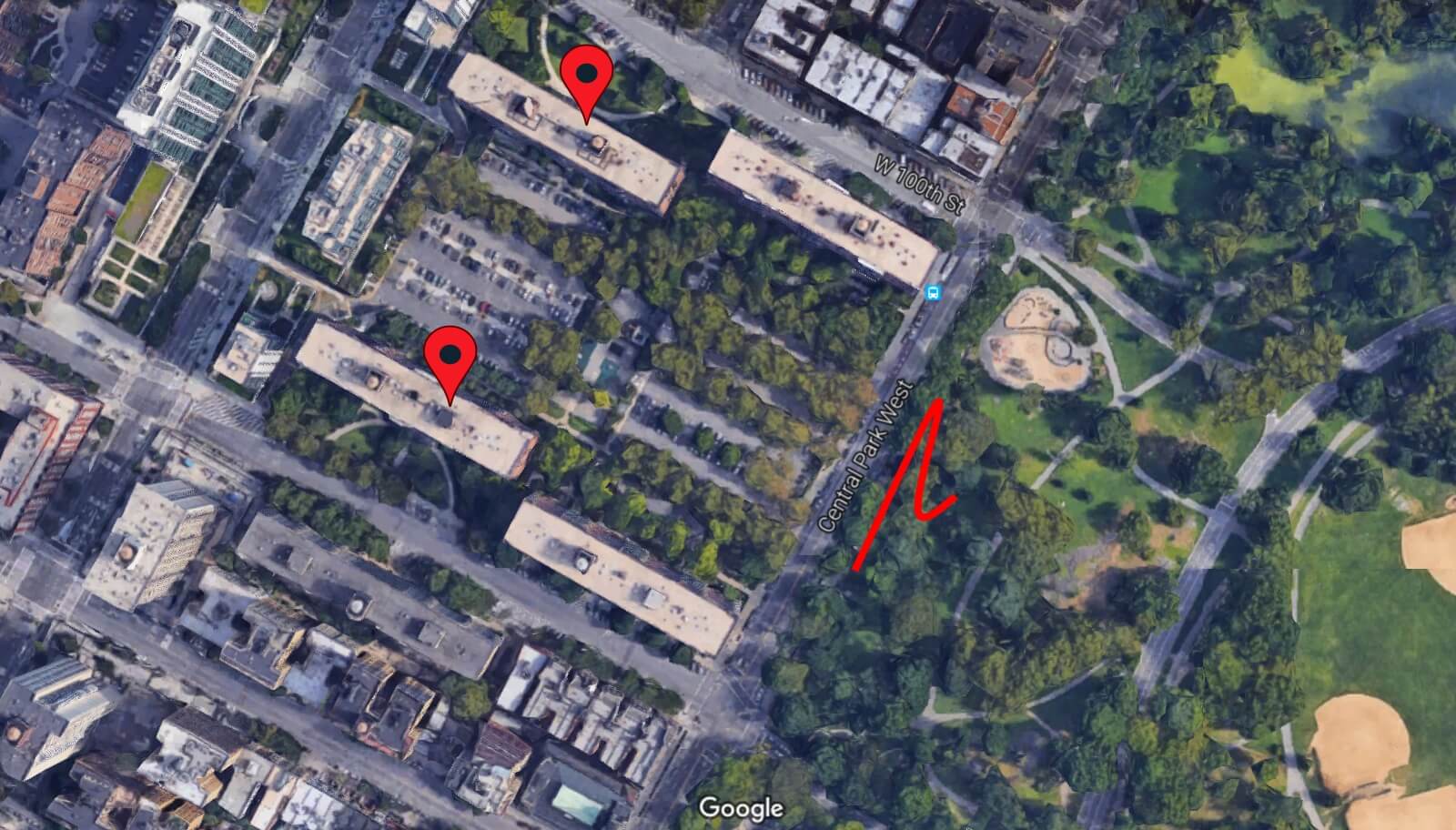
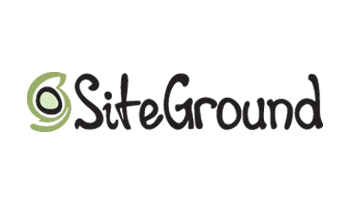
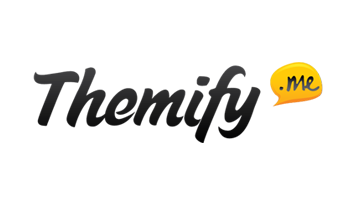
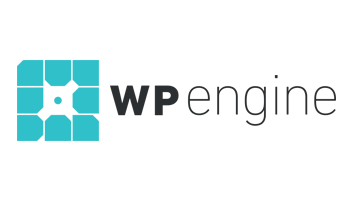
All comments are held for moderation. We'll only publish comments that are on topic and adhere to our Commenting Policy.